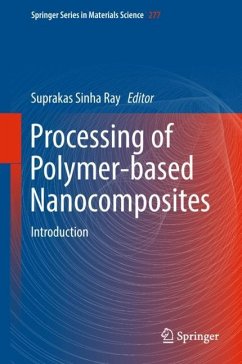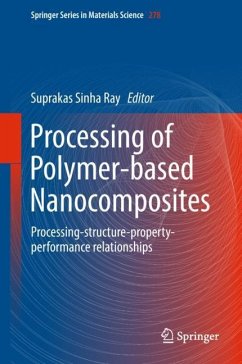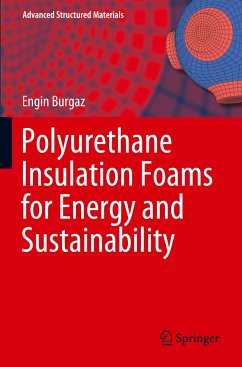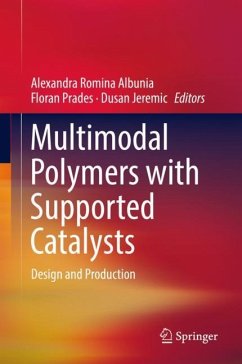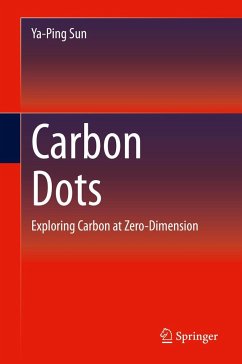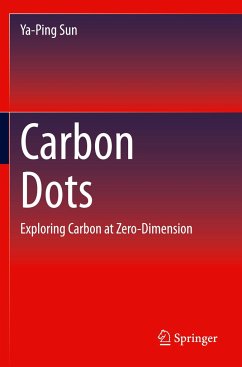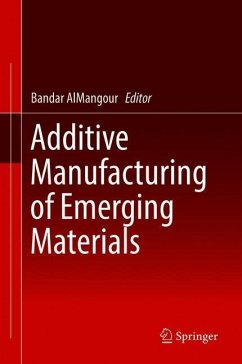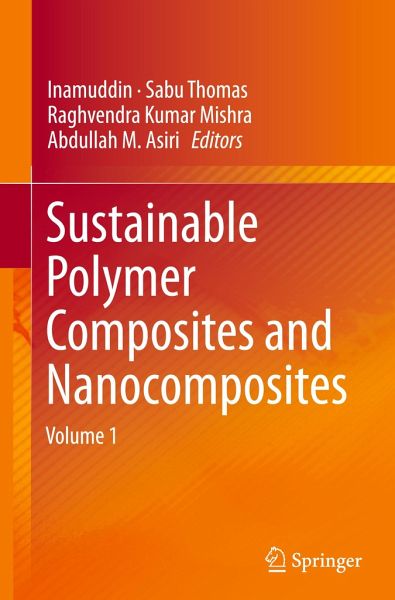
Sustainable Polymer Composites and Nanocomposites

PAYBACK Punkte
70 °P sammeln!
This book presents emerging economical and environmentally friendly polymer composites that are free of the side effects observed in traditional composites. It focuses on eco-friendly composite materials using granulated cork, a by-product of the cork industry; cellulose pulp from the recycling of paper residues; hemp fibers; and a range of other environmentally friendly materials procured from various sources.The book presents the manufacturing methods, properties and characterization techniques of these eco-friendly composites. The respective chapters address classical and recent aspects of ...
This book presents emerging economical and environmentally friendly polymer composites that are free of the side effects observed in traditional composites. It focuses on eco-friendly composite materials using granulated cork, a by-product of the cork industry; cellulose pulp from the recycling of paper residues; hemp fibers; and a range of other environmentally friendly materials procured from various sources.
The book presents the manufacturing methods, properties and characterization techniques of these eco-friendly composites. The respective chapters address classical and recent aspects of eco-friendly polymer composites and their chemistry, along with practical applications in the biomedical, pharmaceutical, automotive and other sectors. Topics addressed include the fundamentals, processing, properties, practicality, drawbacks and advantages of eco-friendly polymer composites.
Featuring contributions by experts in the field with a variety of backgrounds and specialties, the book will appeal to researchers and students in the fields of materials science and environmental science. Moreover, it fills the gap between research work in the laboratory and practical applications in related industries.
The book presents the manufacturing methods, properties and characterization techniques of these eco-friendly composites. The respective chapters address classical and recent aspects of eco-friendly polymer composites and their chemistry, along with practical applications in the biomedical, pharmaceutical, automotive and other sectors. Topics addressed include the fundamentals, processing, properties, practicality, drawbacks and advantages of eco-friendly polymer composites.
Featuring contributions by experts in the field with a variety of backgrounds and specialties, the book will appeal to researchers and students in the fields of materials science and environmental science. Moreover, it fills the gap between research work in the laboratory and practical applications in related industries.





